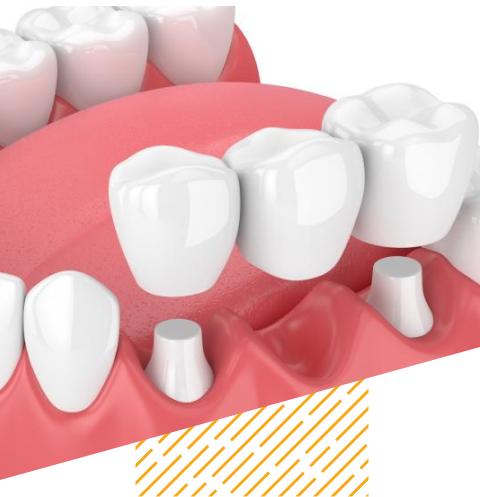
When you have a missing tooth, it can have a significant impact on your ability to communicate, speak, bite, and eat effectively. Fortunately, dental bridges can be used to replace missing teeth and provide a secure and stable connection between the teeth on either side of the gap. The abutment teeth, or the teeth on either side of the gap, act as anchors to support the pontic, or the false tooth, which is placed in the gap.
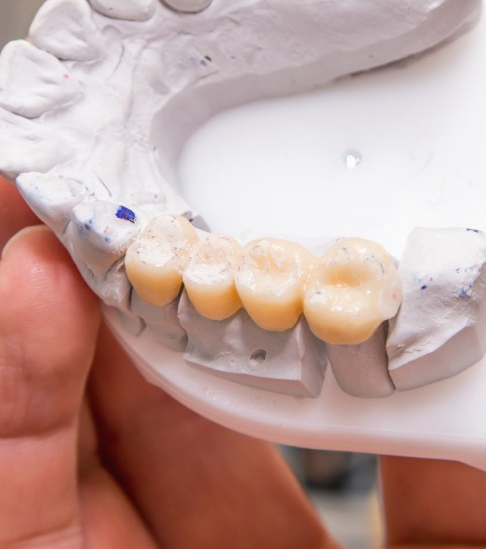
Bridges are an important part of dental care because they restore oral function and help prevent further damage to the teeth and gums. Without a bridge, the teeth on either side of the gap may shift out of place, which can cause a variety of problems, including difficulty chewing and speaking, and increased risk of gum disease. Bridges also help to keep the jaw aligned and maintain the natural shape of the face.
Additionally, they can improve the appearance of the smile by filling in the gap left by a missing tooth. Finally, bridges are often more cost-effective and less invasive than other dental solutions such as dental implants.
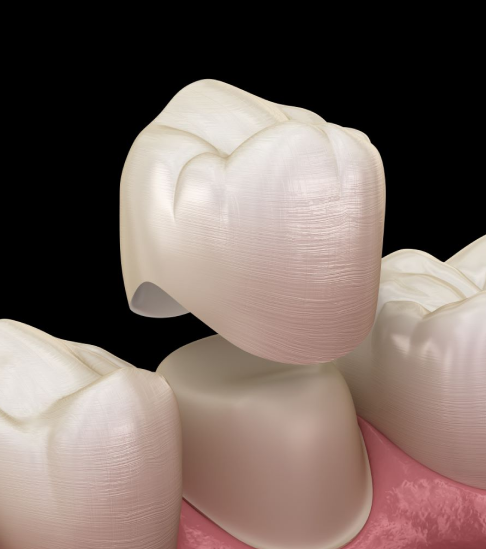
When there isn't enough natural tooth remaining to support a large filling, your dentist may recommend a crown to restore the tooth's strength and function. Crowns can also protect weak teeth from fracturing, restore fractured teeth, and attach bridges. Dental implants are also commonly covered by crowns.
In addition to restoring function, crowns can also improve the appearance of discolored or misshapen teeth, as well as those that have undergone root canal treatment.
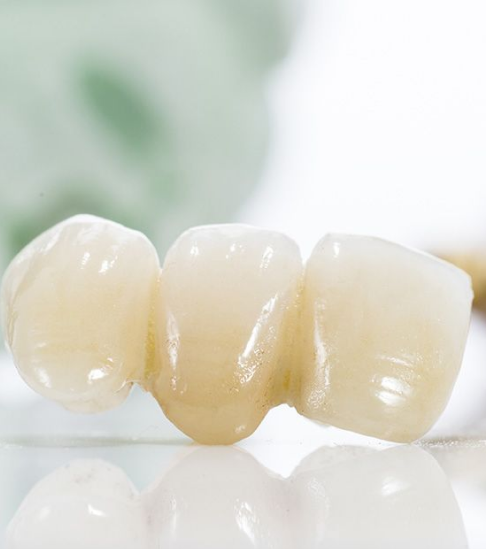
Crowns and bridges are fixed dental prosthetics that are permanently cemented onto the existing teeth or implants by a dentist or prosthodontist. Crowns are most commonly used to entirely cover, or "cap," a damaged or decayed tooth. Bridges are commonly used when one or more teeth are missing, and they are supported by the natural teeth or implants on either side of the gap.
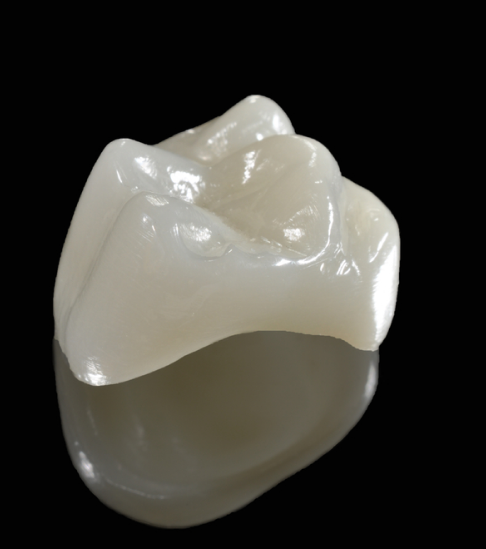
Bridges and crowns not only improve the appearance and alignment of your teeth, but they also help to keep your teeth and gums healthy. Crowns and bridges are durable and long-lasting, but they do require special care to ensure they stay strong. By brushing and flossing daily and visiting your dentist regularly, you can keep your crowns and bridges in top shape. Avoiding hard foods and substances like ice can also help to prevent damage and extend the life of your crown or bridge.

Copyright © 2024. All Rights Reserved